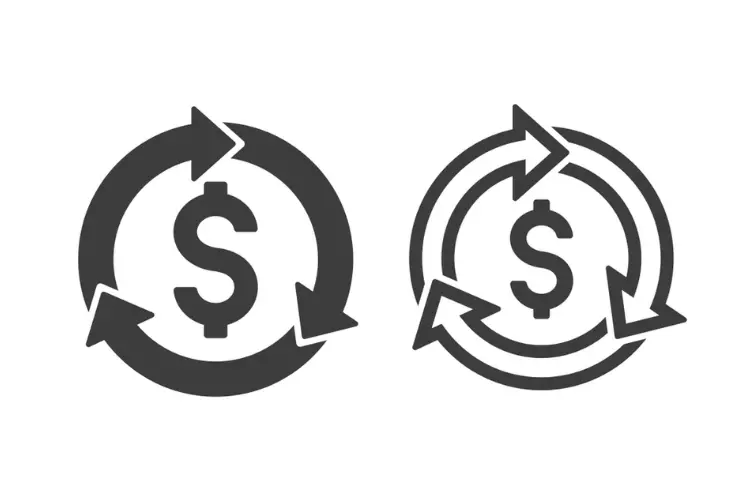
Top 5 Challenges in Revenue Cycle Management for Specialty Healthcare
Revenue cycle management is at the core of running a sustainable healthcare business that delivers quality care to patients. It is what drives all the administrative and financial processes that ensure profitability and build a trustworthy brand for the provider. RCM services establish clear communication between patient, provider, and payor, allowing timely accounts receivables and organized running of a practice.
Many providers have automated their revenue cycle management services and/or have front office staff handling RCM tasks. But despite this digitization, there are certain gaps in specialty healthcare that cannot be ignored.
Specialty healthcare includes medical disciplines such as Gastroenterology, Ophthalmology, Rheumatology, Oncology, Psychiatry, Internal Medicine, Dermatology, Urology, etc. The RCM is quite complex in such environments.The administrative and financial processes pose a challenge and have a greater impact on financial health as compared to their peers.
For a healthy and streamlined revenue cycle management in specialty healthcare, it is lucrative to have a data-driven RCM strategy that is linked to both – large amounts of data produced by sophisticated medical devices and the clinical decision-making process.
So, let’s understand the challenges and how to overcome those:
1. Managing Prior Authorizations:
Prior authorization (PA) is the process of obtaining advance approval from payors about a patient’s qualification of coverage before any procedure, service, device or medication is delivered. It helps control costs, prevents overprescribing and duplication of services especially when multiple specialties are involved in patient care.
It is quite beneficial in determining a quality treatment plan for the patient within the limitations of their healthcare plan. For the provider, it ensures clean claims and reduces denials. The challenge here is to follow processes unique to the payor in getting PA for the patient’s treatment.
Medical billing company, Astron EHS can be your gateway to handling such complex revenue cycle management tasks.
2. Ensuring Operational Efficiency:
The ultimate goal of any practice is to deliver quality patient care and generate good revenue. Streamlined revenue cycle management services will not only benefit back-office operations but also improve front-end patient experiences.
And no matter how many latest patient engagement tools or clinical technologies you adopt, if the underlying RCM is in shambles, the experience will be unsatisfactory and practice will not be able to sustain itself.
Efficient data-based RCM cycles foster more positive patient-provider relationships, reduce patient anxiety and lead to smooth accounts receivables.
3. Staying Updated on Payor Contracts & Drug Pricing:
Just like the CMS, commercial payors in the US also update their drug reimbursement rates and fee schedules on a quarterly basis. Specialty healthcare involves expensive, cutting-edge drugs and therapies in the treatment and even a minor change can drastically change the financial graph of a practice.
It is essential to be aware of such changes before deciding the treatment plan for a patient. When a competent billing company is handling your RCM, they make sure to keep the system updated for the same.
Thus, when you are dealing with a high volume of patients, you can leverage their services and reduce the burden on your staff as well as minimize any chances of loss of revenue due to lack of prior information.
4. Capturing the Right Charges:
A practice relies on accurate charge entry for maintaining the RCM cycle. It includes the medical codes and fee schedule and determines the accounts receivables a physician will receive for the treatment/ service delivered.
The charge entry becomes complicated due to the following reasons:
– Many specialists participate in value-based care programs or bundled payment programs.
– Highly complex diseases involve multiple diagnostic procedures and treatments.
Outsourcing charge entry can help improve the accuracy and assist the process of moving towards data interoperability.
5. Coordination of Clinical Activity, Patient Status & Finance:
In a single-specialty care appointment, a patient can encounter multiple systems and processes such as imaging, other diagnostic procedures, radiation, medication dispensing, clinical labs, pharmacy visits, etc.
Multiple touchpoints produce a series of data and charges. Therefore, a specialty healthcare environment requires an infrastructure that is capable of absorbing all information, integrating it efficiently into the workflow, treatment plans as well as financial processes.
This data interoperability may be a challenge but lays the groundwork for successful revenue cycle management in specialty healthcare.
Need RCM solutions? Get in touch with us!


